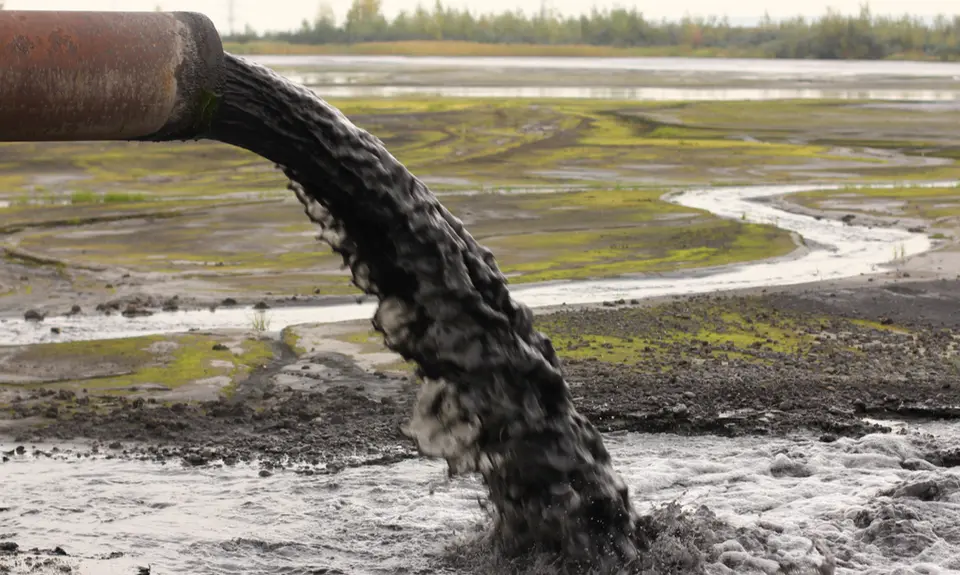Judge Veronica Rossman, nominated by President Biden to the Tenth Circuit court of appeals, cast the deciding vote to reverse a grant of summary judgment and give a ranch the opportunity to prove to a jury that a corporation’s fuel pipeline leaked and caused environmental harm to individuals and to its property. The February 2024 decision was in Lazy S Ranch Props. v Valero Terminating and Distribution Co.
What is the background of this case?
Lazy S operates a cattle ranch in Oklahoma. Underneath the ranch and groundwater run a number of pipelines, including one operated by Valero that carries gasoline and diesel fuel.
In 2018, ranch employees and others began to notice diesel fuel odors that caused headaches and made it impossible to work in a cave on the property near some springs. Testing revealed petroleum products in the “soil, surface water, spring water, and air at the ranch.”
Lazy S filed suit in federal court based on negligence and similar claims, contending that “Valero contaminated its property and caused injury” due to pipeline leaks. Valero asserted that its pipeline was not leaking or causing the damage. The lower court granted summary judgment for Valero and dismissed the case without a trial. Lazy S appealed to the Tenth Circuit.
How Did Judge Rossman and the Tenth Circuit Rule and Why Is It Important?
Judge Rossman cast the deciding vote in a 2-1 decision that reversed much of the ruling below and sent the case back so that the pollution claim could be presented to a jury. Specifically, the majority held that Lazy S had presented sufficient evidence to establish clearly disputed issues of material fact on its claims of negligence and nuisance that precluded summary judgement. This included evidence that the Valero pipeline “was the only source” of refined hydrocarbons on the ranch, that Lazy S had “foregone water sales and prohibited others from recreating on the ranch” because of the problem, and that headaches caused by diesel odor precluded some significant use of the property. The majority dismissed the dissent’s contention that Valero had presented effective evidence on the other side of the question, noting that a jury, not judges, should weigh the evidence and decide the issue.
Judge Rossman’s deciding vote was obviously important to the efforts of Lazy S and its owners to stop and to recover damages for the pollution that they claimed Valero had caused. It also sets an important precedent, particularly in the Tenth Circuit including Colorado, Wyoming, Utah, New Mexico, Kanas, and Oklahoma, concerning the use of common law theories like negligence and nuisance to combat pollution. In addition, the ruling illustrates the importance of promptly confirming fair-minded Biden nominees like Judge Rossman to our federal courts.
